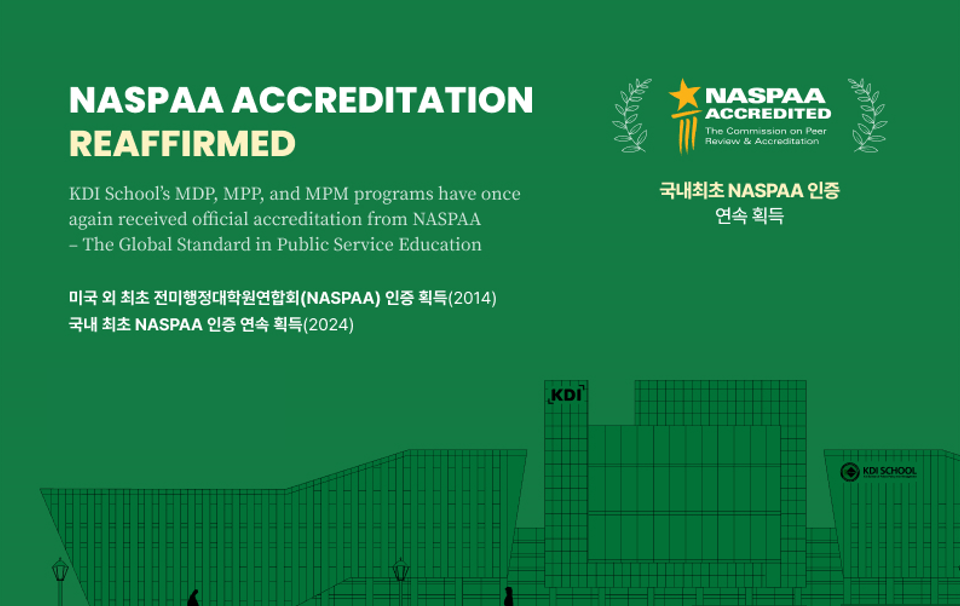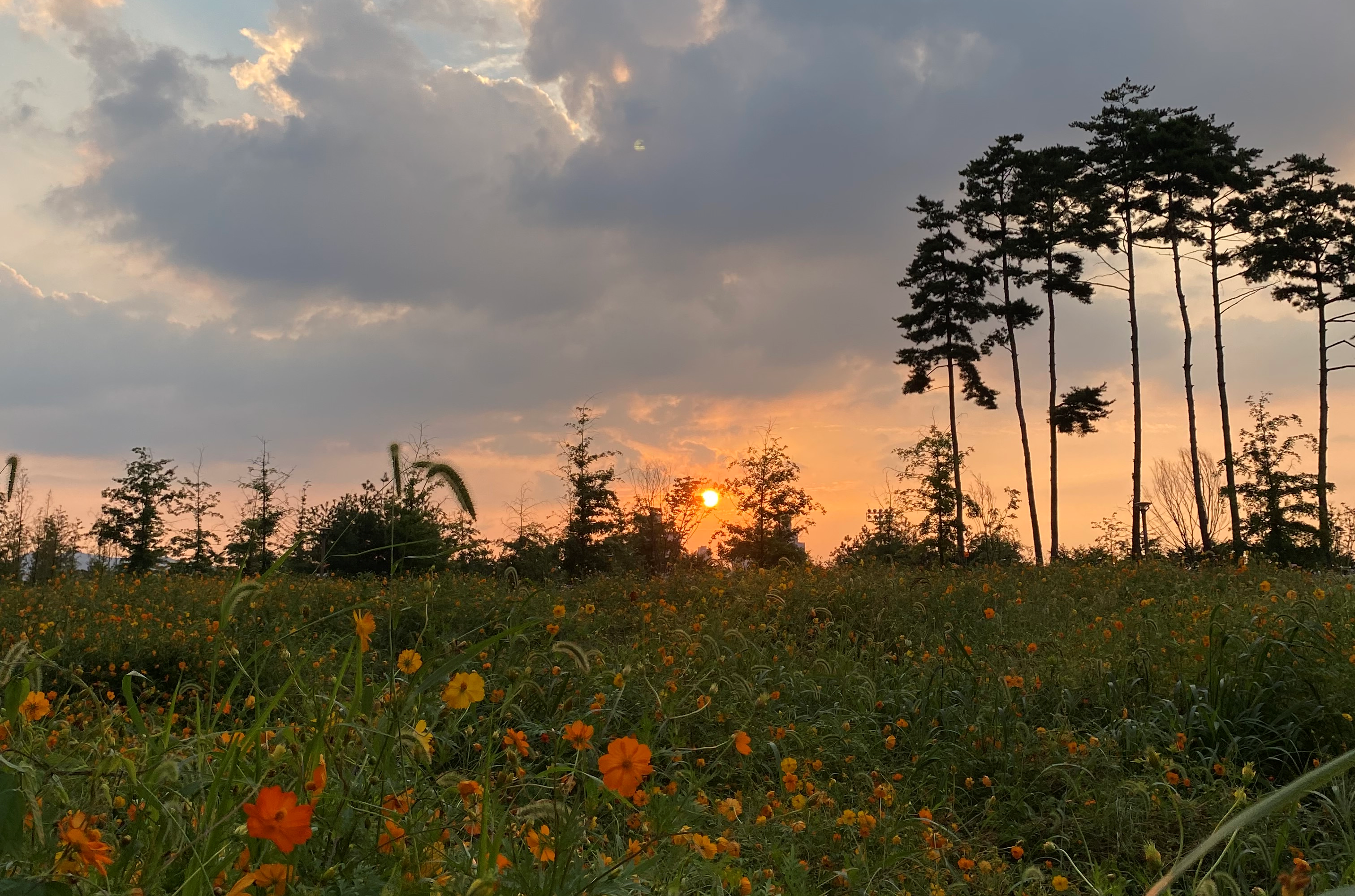
KDIS Research Labs Q&A: Impact Evaluation Lab (IE Lab)
- Date 2021-05-28 06:10
- CategoryResearch and Education
- Hit2482
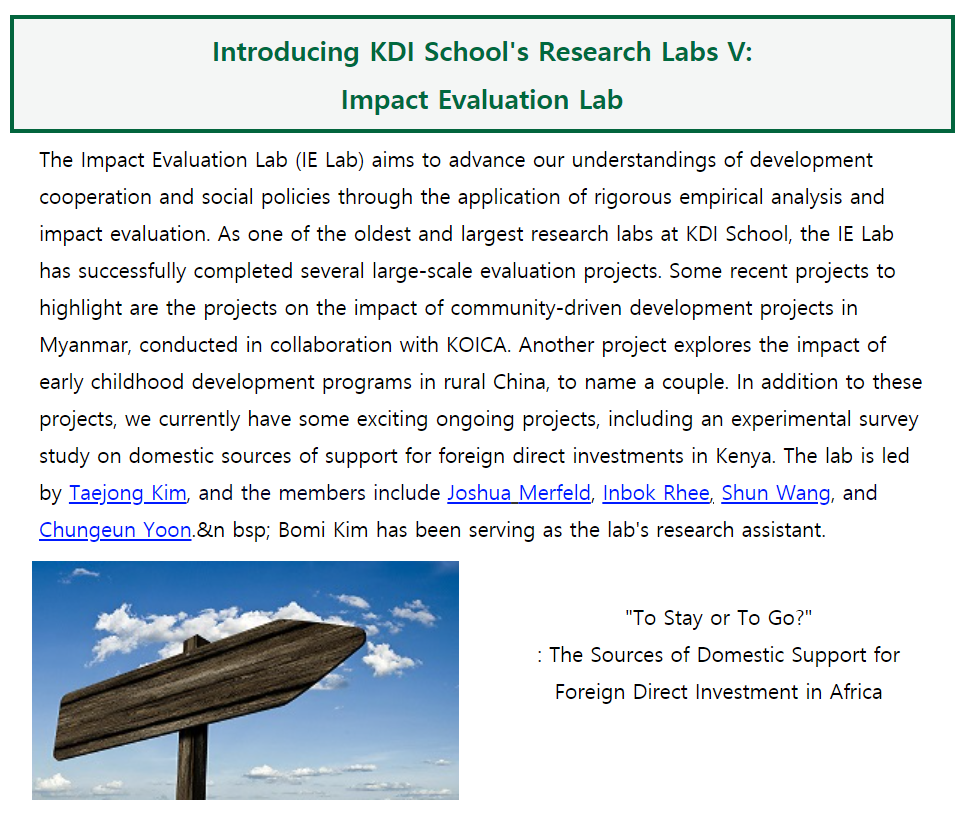 Impact Evaluation Lab (IE Lab), Source: KDI School Impact Note I MARCH 2021
Impact Evaluation Lab (IE Lab), Source: KDI School Impact Note I MARCH 2021
Q) First, please introduce your lab and research field. (Could you please introduce your research lab to us? What projects are you initiating as of today and in the past? Who are the members of your research lab?)
Prof. Inbok Rhee: IE (impact evaluation) Lab aims to study development cooperation and public policy issues using rigorous empirical analysis and impact evaluation. The lab is the largest and oldest in the school. In addition to the members, including professors Taejong Kim (the IE lab leader), Joshua Merfeld, Shun Wang, Chungeun Yoon, and me, as well as the leaders of all other KDIS research labs are members of the IE Lab. Some of the major projects in the past include impact evaluation studies on community development projects in Myanmar - a cooperative project with KOICA - and early childhood education in rural China. As for the current research, we are conducting research on the public support for foreign direct investments in Kenya.

Q) What is the most memorable thing in your experience in the IE Lab?
Prof. Inbok Rhee: We often used to have lunchtime meetings among professors Taejong Kim, Shun Wang, and myself. With Professor Shun Wang now on parental leave, we have not been able to do this much. But with the new members joining our lab, I think we should continue the tradition.
Q) Could you please share some stories behind your Ph.D. experience or professional training?
Prof. Inbok Rhee: I had the privilege of doing fieldwork in Kenya during my Ph.D. thanks to the support from my Ph.D. advisors. To better understand the topic and context you are studying, spending some time in the “field” can be a tremendous help. It may be uncomfortable to go to unfamiliar places or meet people you do not know. It also takes time and hassle to understand the qualitative context or the area and people through such a process. It is demanding work both in terms of time and resources. But in the end, it is probably worth it.
Considering our lab’s mission, to do good impact evaluation work involving field experiments, I believe thorough field research is a must. There has not been that much field experimental research out of Korea yet, and I think there’s a lot our school can do to make contributions and lead the field. Perhaps interested graduate students can also join and provide research assistance and gain experience, just as I did during my time in graduate school.
Q) Looking back from your position as a professor, what are some of the things you think you did best and regret the most as a student?
Prof. Inbok Rhee: I don’t know if there’s anything that I did the “best” as a student. It is often easy to think that the work as a student is something that you do by yourself – reading books, reviewing your notes, writing and running codes, and writing papers, etc. in solitude. Maybe such an approach can work well in earning good grades in courses, but doing research is different. It is important to meet and interact with people, bounce off ideas, and get constant feedback. However, it took me a long to realize this. I was very fortunate to have many good people around me who were always willing to help. I regret not actively asking for help when I needed it the most. You can’t go about doing things all by yourself. I wish I had realized this earlier and start getting help from and also giving help to others.
Q) Do you have any last words you would like to say to the KDI School Students?
Prof. Inbok Rhee: I think in graduate school, meeting new people and establishing relationships are just as important as studying. You only get to stay as a student for so long. So get to know each other more, go out, have fun, and enjoy the time as a student more – studying is not all there is to grad school!

Related News
-
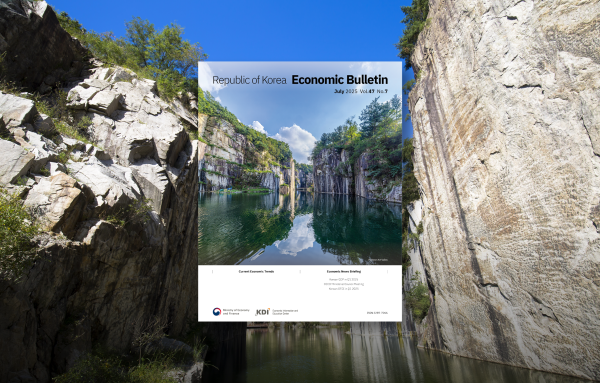
Research and Education10 days ago
Republic of Korea Economic Bulletin, July 2025#KDI #Economic #KDISCHOOL #kdischool #Economic Bulletin #Research
-
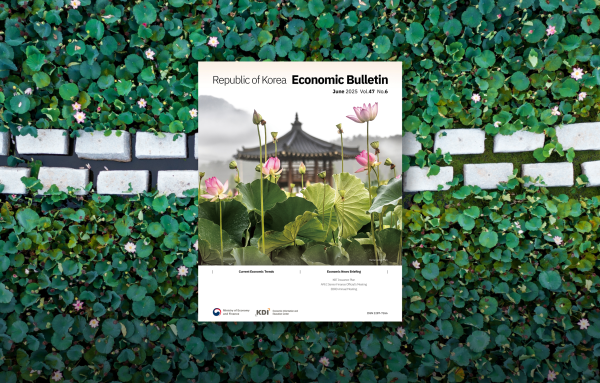
Research and Education38 days ago
Republic of Korea Economic Bulletin, June 2025#KDI #Economic #KDISCHOOL #kdischool #Economic Bulletin #Research
-
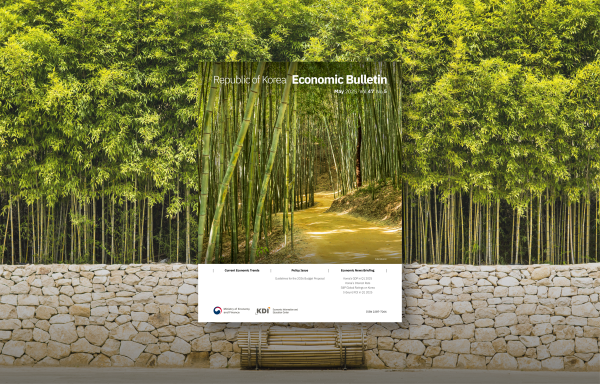
Research and Education72 days ago
Republic of Korea Economic Bulletin, May 2025#KDI #Economic #KDISCHOOL #kdischool #Economic Bulletin #Research

